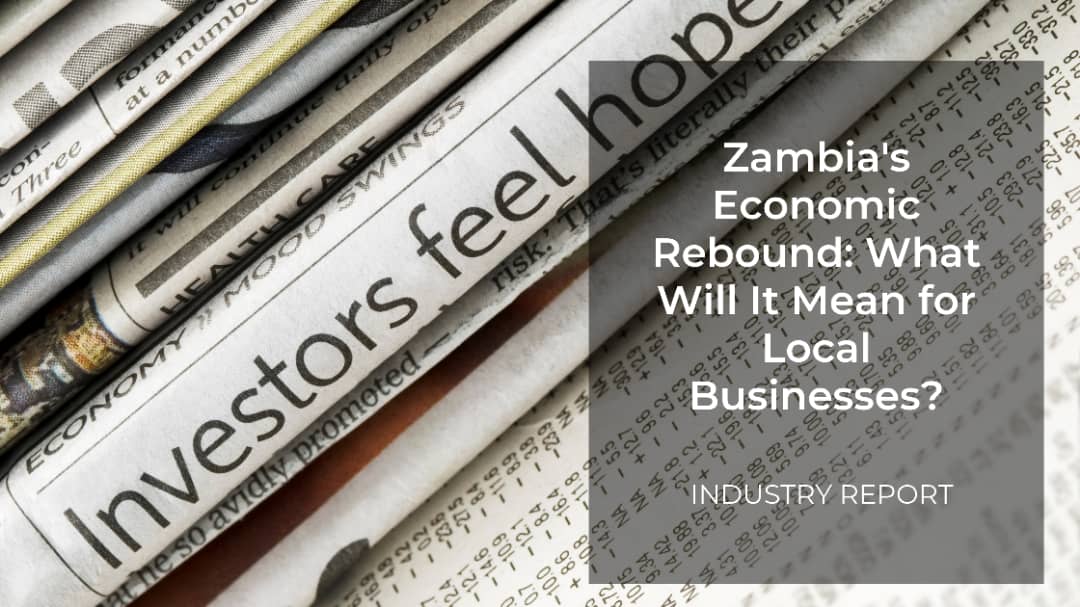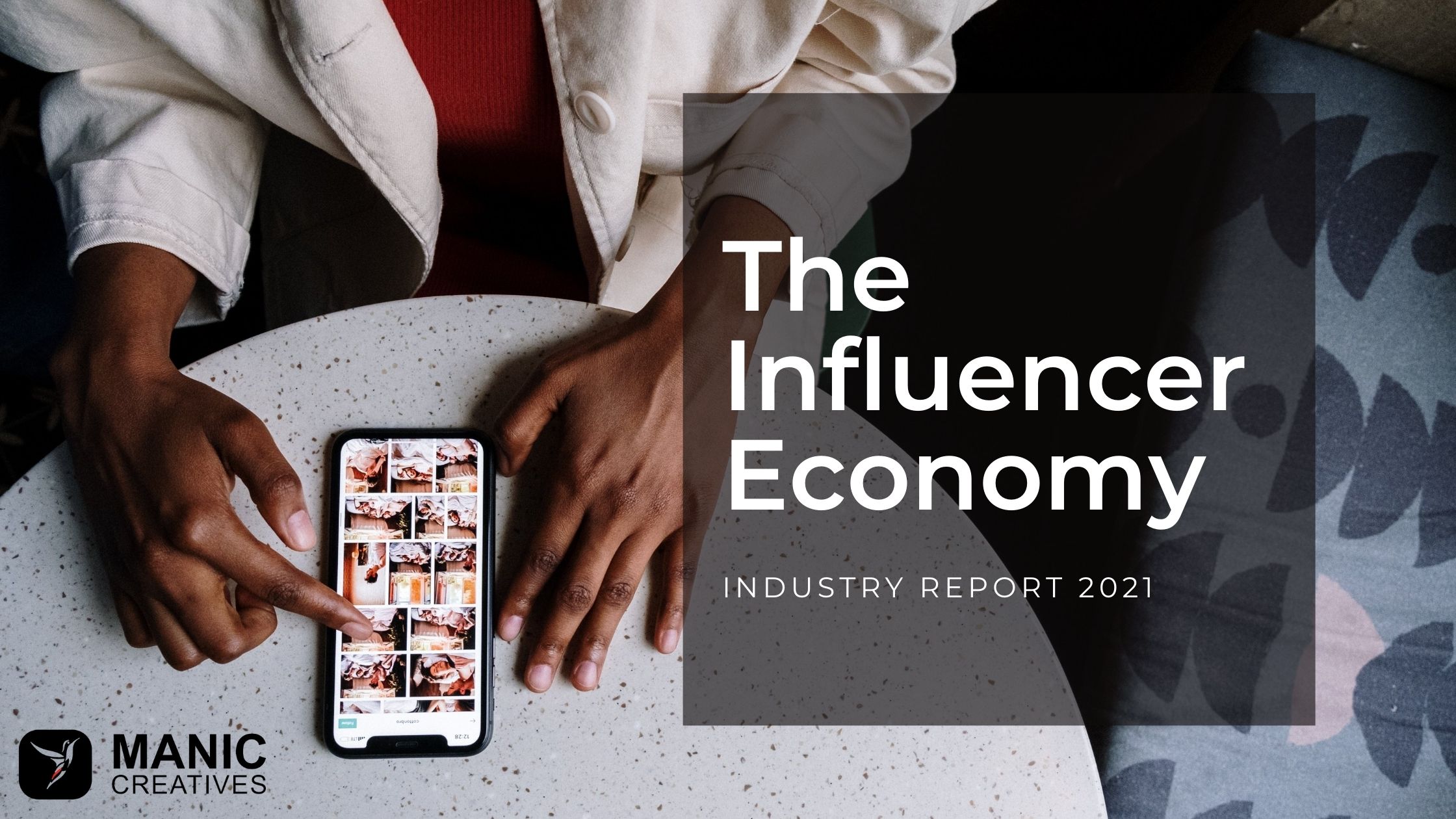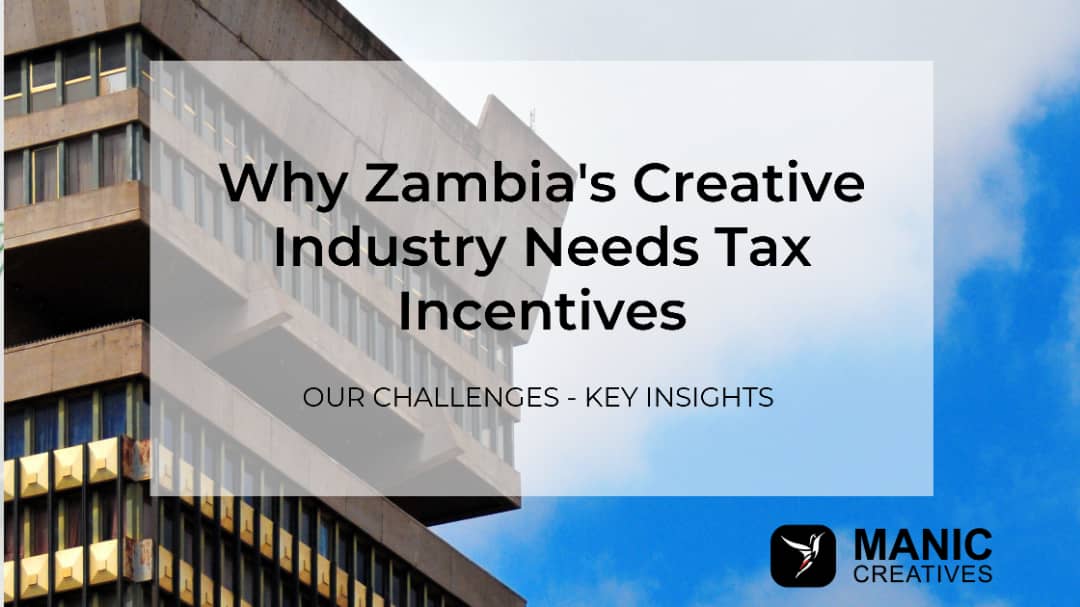What Zambia’s economic rebound will mean for local businesses: A Manic insight
THE August 12 general election outcome was a significant watershed moment for the Zambian economy. As mentioned in the previous Manic Industry Report, local businesses expected Zambia’s economy to bounce back, even before a single ballot was cast. The basis of the optimism was captured in the latest Bank of Zambia (BoZ) Quarterly Survey of Business Opinions and Expectations (QSBOEs)1 published in April, 2021, which summarised that the business community expected economic activity to improve in the second quarter of this year on the back of improved supply of agricultural output and an upscaled roll-out of the COVID-19 vaccination programme.
Zambia’s low political risk could attract more foreign investment
On the very same day (August 16) the Electoral Commission of Zambia (ECZ) announced the winner of the presidential election, the markets reacted positively, with the kwacha beginning its recovery, while Wall Street bank JPMorgan recommended buying Zambia’s local currency sovereign bonds after President Hakainde Hichilema’s landslide election victory.
“The reduction of political risks makes us more comfortable about investing in Zambian fixed income assets. President-elect Hakainde Hichilema is viewed as being more market-friendly and has publicly supported an IMF-backed reform programme,” JPMorgan’s Ayomide Mejabi in a note to clients captured by Reuters news agency.
Positive investor sentiment in the aftermath of the August 12 polls has raised expectations from the local business community as anticipation of winning material gains made possible in a tax friendly environment remains high.
Zambia’s economy is riding on increased customer numbers
While Zambia’s macroeconomic framework will still be challenging for local businesses to cope with, the jubilation and huge wave of optimism could translate into real economic growth that companies will benefit from. An assessment of the latest Stanbic Zambia Purchasing Managers’ Index (PMI), a survey containing questionnaires sent to purchasing executives in 400 private sector companies, revealed that the private sector moved closer to stabilisation in July, this year.
The headline figure derived from the survey is the PMI. Readings above 50.0 signal an improvement in business conditions on the previous month, while readings below 50.0 show a deterioration. The headline PMI posted 49.4 in July, up fractionally from 49.3 in June, and signalled a marginal decline in business conditions in the Zambian private sector. But although the COVID-19 pandemic led to reductions in new business at some companies, others reported greater customer numbers.
Data from the New Orders Index also showed that while some firms continued to see demand hit by disruption caused by the COVID-19 pandemic, this was countered by signs of improving customer numbers.
Even employment data showed signs of improvement at the start of the third quarter. The PMI’s July data pointed to a second successive monthly increase in staffing levels in the country’s private sector. Where employment rose, panellists generally linked this to the need for greater operating capacity. Job creation was signalled in the agriculture, construction and service sectors, with reductions in manufacturing and wholesale & retail.
Increased customer numbers in the local economy, coupled with higher job numbers, points to positive economic activity and growth, which can only lead to greater business prospects. Marketing agents can feel some level of confidence in a private sector that is showing signs of recovery, albeit sluggish.
Following this year’s polls, Fitch Solutions have pointed out that more business-friendly reforms are likely to be seen following President Hichilema’s election victory.
“At Fitch Solutions, we expect that the victory for opposition candidate Hakainde Hichilema in Zambia’s August 12 elections will lead to a change in policy towards more business-friendly reforms over the coming quarters. A strong parliamentary majority for the United Party for National Development, formerly in the opposition, will allow the government to pass legislation smoothly,” it wrote in an article published on its website.
For small businesses like Manic, one of the key challenges that has been felt operating in a high cost environment has been the several number of statutory obligations payable to government. High tax rates have stifled incomes for the SME sector, preventing them from growing monthly revenues. As seen in a previous blog, a lack of tax incentives for the creatives industry is reducing the ability of SMEs’ financial capacity to employ a more skilled labour force that could help contribute more meaningfully to Zambia’s economic development.
Now that Parliament has resumed sitting, MPs need to consider legislating for business-friendly policies and tax incentives for the SME sector to stimulate faster economic growth seeing as Zambia’s economy largely comprises small businesses.
The 2022 national budget will almost certainly be one of the most highly-anticipated events in recent history given the heavy weight of expectation for SMEs to enjoy some long-awaited financial relief.
- The QSBOEs are a collection of opinions about economic activity in the quarter under review and expectations for the next quarter and one year ahead. The Survey is used to gauge the perspectives of the business community about prevailing macroeconomic conditions which are critical input into monetary policy decisions. The report presents findings of the Survey conducted in March, 2021, on business opinions and expectations for the first and second quarters of 2021, respectively. Out of the 281 questionnaires distributed, 117 firms responded, representing a response rate of 43.2%, an improvement over the previous quarter’s response rate of 22.8%.








